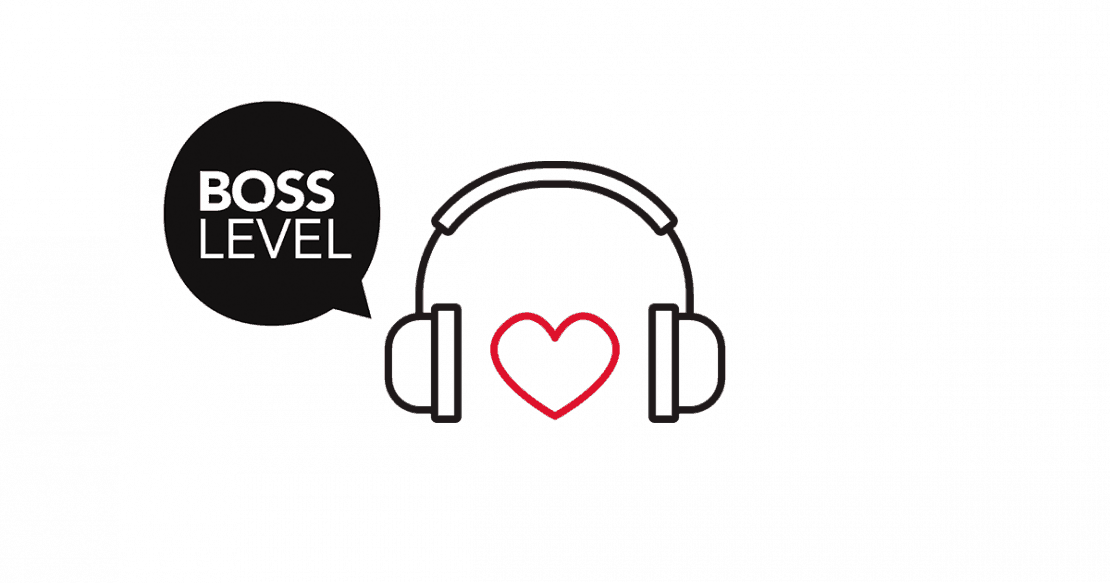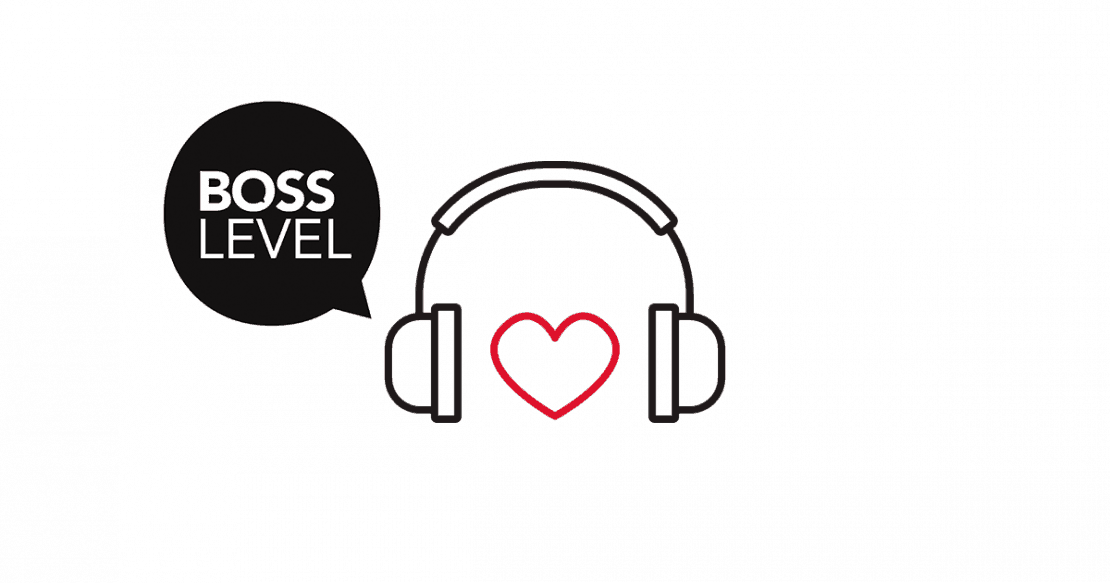13Jun2016
Welcome to the most philosophical episode yet of Boss Level season two. Jabe Bloom, co-founder of PraxisFlow, joins Sami to talk about design, systems thinking, complexity theory, organizational issues. The conversation is as intense as Jabe’s beard (which Sami jokes grows so fast that it has a growth accelerator program.) Jabe is also working on a design Ph.D. and reading voraciously. He says the doctorate program gives him an excuse to read and think, and judging by the conversation, the topics he’s reading about take some time to understand fully. Keep reading for Jabe’s two key points about how design and thinking work together.
Design is intentional
Don’t lump design in with the arts or assume the sciences are more important. Design is called by some the third way of thinking. Jabe says that pure science has no intention toward futures, and the arts have only some intentionality toward futures. The first step of design is that it’s trying to change something in the future. It’s active and attempting to improve things. When you get to figuring out what you’re trying to improve, that’s where the concept of systems is useful. Human-made objects are inherently functional. Try to imagine something made by humans with no purpose, it’s difficult. Even the silliest inventions usually are meant to entertain or do a specific job.
Yes, we can think differently
You wouldn’t use a sledgehammer to cut wire, right? You use the right tool, a wire cutter. It’s the same thing when the tools are in our mind. Different situations require different thinking skills, and Jabe wants to help people and organizations figure out new ways of approaching issues. The reductionist theory that has become so widespread in today’s world says that the world is chaotic and random. Systems thinking and complexity theory are ways of saying that isn’t true. Jabe says that what’s complex to me isn’t complex to you, so maybe there are different skills and ways of thinking through problems. We don’t have to get rid of how we currently think, but rather we should expand the various ways in which we can think.
Listen to the episode below or Download the MP3 (33,6 MB):
Timestamps
2:12 Jabe gives us an overview of his work, focusing on the company he co-founded, PraxisFlow. The company works with organizations to go beyond best practices. They do system and organization design among other things, all informed by the belief that people at a company need to engage in a holistic effort before a company can change.
4:19 Design Ph.D.s are scarce in the United States, and Jabe is currently working on his at Carnegie Mellon University. Sami and Jabe discuss what a design Ph.D. prepares people for and why Jabe went back to school.
8:41 Jabe’s definition of design is ”the intentional formation of a purposeful system.” Sami asks the question on all our minds: What does that mean? In a sentence: Design is the intermingling of intending toward futures and making futures better by making purposeful systems.
11:50 Sami and Jabe discuss the existing design flaws in today’s organizations and how to fix them. A common thread throughout is that a focus on efficiency can sometimes become problematic. While they don’t figure out solutions for everything, they say a good start is to break organizations into pieces and then figure out what parts need to be adaptable and what can be efficiency-based.
15:04 Design is modulating variables, like turning knobs on a machine. Don’t set them and forget them – they are changeable. Sami and Jabe discuss the importance for companies to recheck and re-evaluate over time. And don’t think that massively successful companies can overlook this.
17:16 Quote from Jabe: As organizations grow, “the way the founder thinks gets propagated without the way the founder makes decisions, which is different.”
18:10 The talk turns to company culture and how it’s freedom and restriction. Jabe says culture is the underground set of agreements we have that allow us to focus on other things. But then it becomes hard to talk about the things you don’t talk about, as a result of the culture.
19:32 Systems thinking and complexity theory influence much of Jabe’s work and thought. He even teaches a class on systems thinking and still finds it complicated, so don’t feel embarrassed when you have to listen to the definition a few times. In a (long) sentence: Systems thinking focuses on a set of parts that are all interrelated, and that interrelation causes a higher level effect that can be called a whole.
22:15 Next Jabe defines complexity theory which he says might be even more confusing that systems thinking. In layman’s terms, complexity is the theory of how things don’t turn out how you might expect. Complexity is a natural occurring phenomenon that can’t be reduced with normal rational thought, even though people still try.
24:09 Why is this stuff so interesting? Jabe says, for him, it’s because systems thinking and complexity theory are major ways of thinking about the universe that doesn’t get as much attention as others.
26:02 Quote from Jabe: “It’s not a way of thinking differently. It’s a way of expanding the toolset of thinking so that we can think better in different situations.”
26:16 Assuming we all agree that systems/complexity theory can help us think better, how do we start? It’s not about throwing out how you already think about things, Jabe says, it’s about getting a feel for how well you understand the problem and the solution. Ask yourself, “What way of thinking is best to use?”

